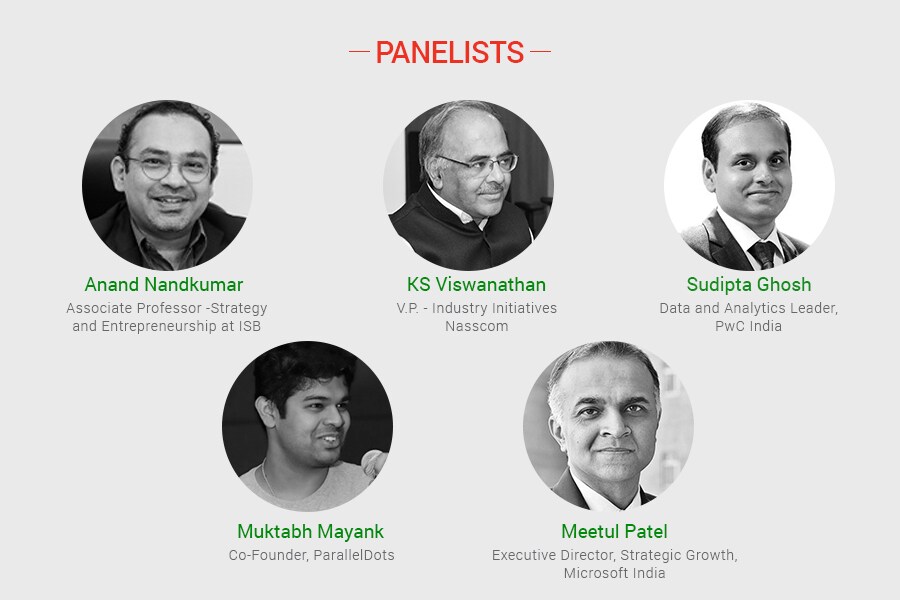
Reimagining and learning to build a resilient recovery
Resilience is the new buzz word of the pandemic economy, and some experts recently came together for a Forbes India tweetathon to discuss how best to build back better for a digital-enabled future

The Covid-19 pandemic brought the world to a standstill and laid bare the cracks in the way businesses were run, from startups to even large enterprises. The key takeaway from the crisis has been the need to build resilient businesses and creating a resilient recovery. "Resilience and recovery have been two big words these past few months," said K S Viswanathan, vice president for industry initiatives at Nasscom, the IT industry body at a tweetathon organised by Forbes India and Microsoft India.
As the economy opens up, we are staring at a more digitally- and tech-enabled world than ever before. How can employees and employers adapt, what will be the new employment opportunities and challenges of this world and the role of technologies like AI and ML in building resilient organisations which can deal with future extremities? To get insights on these pertinent questions, Forbes India brought together experts from various organisations for a tweetathon, in association with Microsoft India.
The panelists tweeted about the changes brought about by our new reality and how businesses are reacting to it in the short term to survive and tide over the crisis, and in the longer run to build resilience. One of the biggest changes that the crisis may lead to is bringing back empathy and sensitivity to the workplace, to help support the 'humans' in human resources, the experts said.
The panelists also agree that the old management and strategy playbook is now obsolete and that leaders need to equip themselves with new lessons, especially from the crisis. As Microsoft India's Meetul Patel, executive director, strategic growth said, "Old assumptions have been tested thanks to digital engagement with customers, work-from-anywhere teams, and even new services that are now digitally-enabled," amid the Covid-19 pandemic.
Anand Nandkumar, who is the associate professor at the Indian School of Business, said that the focus has now shifted from just gaining a competitive advantage to building resilience. Companies can no longer just think about being competitive, he said, the two have to go together.
To do this, Muktabh Mayank, cofounder, Parallel Dots, an image recognition company, has a four-point plan: understanding the evolved customer; plan to scale, adapt, pivot or fold based on new findings; change messaging of products & services quickly to sync to new expectations; make sure supply is consistent.





